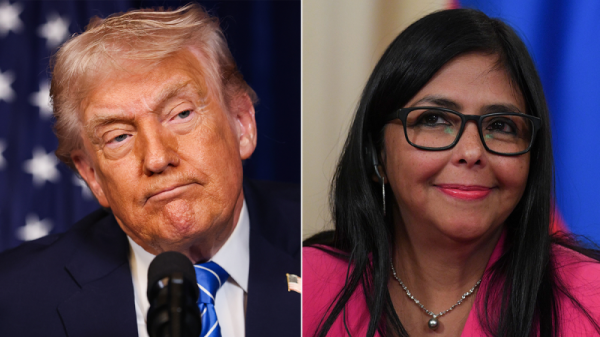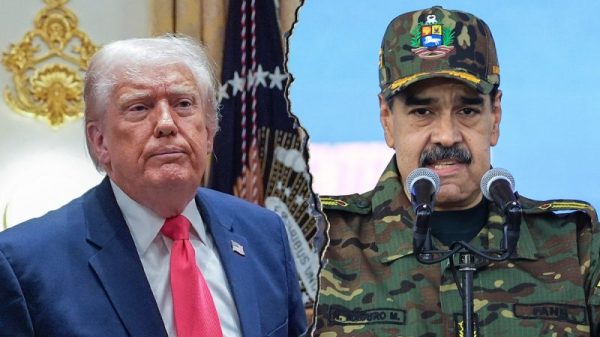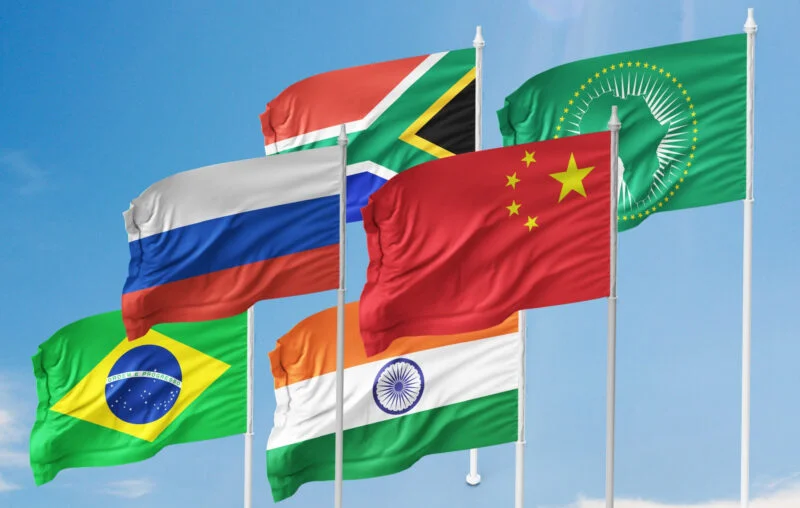The Rise of BRICS-11: A New Era of Global Economic Powerhouse Emerges
Introduction:
In recent years, the global economic landscape has witnessed a significant shift with the emergence of the BRICS-11 nations. Comprising Brazil, Russia, India, China, and South Africa, along with the additional members of Argentina, Indonesia, Mexico, Turkey, South Korea, and Egypt, this alliance has been dubbed as the BRICS-11. This unique group of nations has been steadily gaining momentum, challenging the traditional economic powerhouses and reshaping the dynamics of the global economy. In this article, we delve into the rise of the BRICS-11 and explore the implications of their collective strength on the world stage.
The Birth of BRICS-11:
The BRICS-11 alliance traces its roots back to the early 2000s when the original BRICS nations (Brazil, Russia, India, China, and South Africa) recognized the potential of their combined economic might. These countries, representing diverse regions and cultures, shared a common goal of challenging the dominance of Western economies and establishing a new world order. Over time, they realized the need to expand their alliance to include other emerging economies that exhibited similar growth trajectories and aspirations.
Economic Powerhouses Unite:
The inclusion of Argentina, Indonesia, Mexico, Turkey, South Korea, and Egypt into the BRICS-11 alliance has further strengthened its position as a formidable force in the global economy. These nations bring their unique strengths and resources to the table, creating a diverse and dynamic group that is capable of influencing global economic policies. With a combined GDP of over $20 trillion and a population exceeding 3 billion, the BRICS-11 nations have become a force to be reckoned with.
Challenging the Status Quo:
The rise of the BRICS-11 has challenged the traditional economic powerhouses, primarily the United States and European Union. These nations have long dominated global trade and finance, but the BRICS-11 alliance is gradually shifting the balance of power. With their growing middle class, abundant natural resources, and technological advancements, the BRICS-11 nations are attracting significant foreign investments and forging new trade partnerships. This has led to a redistribution of economic influence and a diversification of global supply chains.
Implications for the Global Economy:
The emergence of the BRICS-11 alliance has far-reaching implications for the global economy. Firstly, it provides an alternative to the Western-dominated economic order, offering developing nations a platform to voice their concerns and aspirations. Secondly, the BRICS-11 nations are investing heavily in infrastructure development, connectivity, and innovation, which will drive economic growth not only within their borders but also in neighboring regions. Lastly, the collective strength of the BRICS-11 nations enables them to negotiate better trade deals, establish new financial institutions, and influence global economic policies.
Conclusion:
The rise of the BRICS-11 alliance marks a new era in global economic power dynamics. These nations, once considered emerging economies, have now become major players on the world stage. As they continue to strengthen their ties and leverage their collective strengths, the BRICS-11 nations are reshaping the global economic landscape. The world can no longer ignore their influence and must adapt to this new reality. The rise of the BRICS-11 is a testament to the changing dynamics of the global economy and the increasing importance of emerging economies in shaping its future.
























